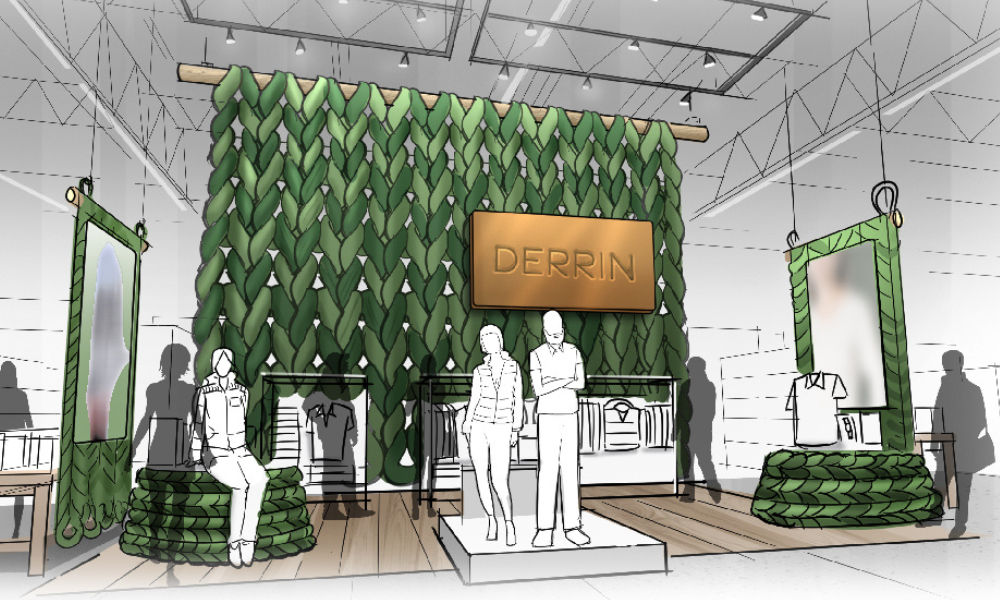There was an old joke in the newspaper business about setting a headline in type and keeping it on a shelf because you were likely to use it over and over again.
Sort of like PATRIOTS BREAK THE RULES, BUT WIN ANYWAY.
Newspapers don’t set type anymore, but there was a headline in the Louisville Courier-Journal last month that would have had that same shelf life:
WALMART WINS.
The details are familiar – contretemps with urban zoning boards, unions, neighborhood activists, local lawyers, community leaders, landmark commissions.
Walmart wants to build a store in inner-city Louisville, in a neighborhood that has not enjoyed the same economic growth as the rest of the city. It would bring commerce, jobs and retail activity to the Russell neighborhood, just west of downtown.
Advertisement
The city was probably delighted until a minor-seeming detail occurred: Where was Walmart going to put its huge parking lot? Walmart always puts its parking in front of the store. But the city wanted the storefront to be at the sidewalk, in accordance with Louisville’s regulatory code for urban areas.
Seems like a minor problem. You’d think! But minor problems tend to become major ones when you have a variety of special interests going against the nation’s largest retailer.
The environmentalists didn’t want a Walmart there at all, let alone one that violated the intended, regulated, historically protected look and feel of the neighborhood.
Urban planners said that buildings oriented to the street, rather than set far behind giant parking lots are safer and more pedestrian-friendly. They’re also aesthetically pleasing and promote a positive urban experience.
Community representatives argued that the store would bring 300 full- and part-time jobs to the neighborhood. “Black people with jobs are an endangered species in West Louisville,” said a community religious leader, according to the Courier-Journal.
Perhaps, said labor leaders, but Walmart doesn’t pay its workers well enough. “These are not the kind of jobs the West End needs,” somebody testified at a council meeting. “The West End needs jobs with dignity.”
Advertisement
Other opponents said Walmart’s refusal to abide by the local ordinances simply showed an arrogant company that doesn’t play by the rules. Said one, “The message is, ‘Come to Louisville and walk all over us.’ ”
Walmart refused one last-ditch compromise that would have set a line of stores along the sidewalk, in front of the large parking lot, to keep the urban streetscape. Walmart attorneys said the company had already compromised on its initial proposal and wouldn’t go any further. “The retailer has pushed it to the limit of what it’s comfortable moving forward with,” said a Walmart attorney, quoted in the newspaper.
So in the end, the Louisville Metro Planning Commission voted 7-1 to approve all the waivers that Walmart had sought. Construction will begin this year.
Walmart attorneys certainly earn their money. And so do the people who build its stores.
As a journalist, writer, editor and commentator, Steve Kaufman has been watching the store design industry for 20 years. He has seen the business cycle through retailtainment, minimalism, category killers, big boxes, pop-ups, custom stores, global roll-outs, international sourcing, interactive kiosks, the emergence of China, the various definitions of “branding” and Amazon.com. He has reported on the rise of brand concept shops, the demise of brand concept shops and the resurgence of brand concept shops. He has been an eyewitness to the reality that nothing stays the same, except the retailer-shopper relationship.


 Photo Gallery3 days ago
Photo Gallery3 days ago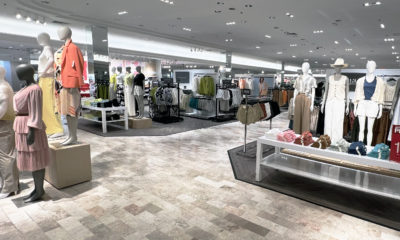
 Headlines1 week ago
Headlines1 week ago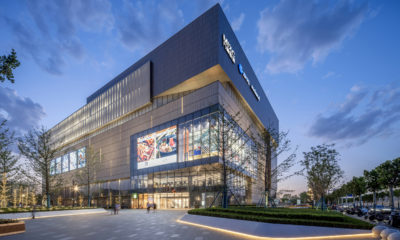
 Sector Spotlight2 weeks ago
Sector Spotlight2 weeks ago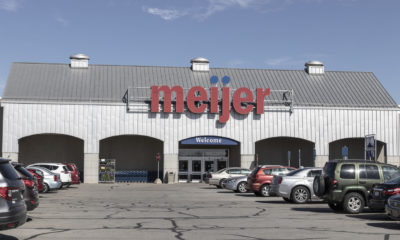
 Headlines1 week ago
Headlines1 week ago
 Headlines4 days ago
Headlines4 days ago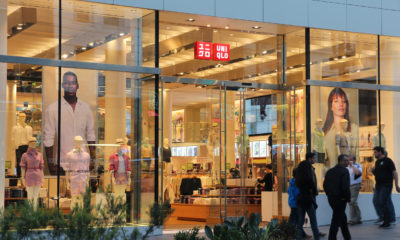
 Headlines2 weeks ago
Headlines2 weeks ago
 Designer Dozen1 week ago
Designer Dozen1 week ago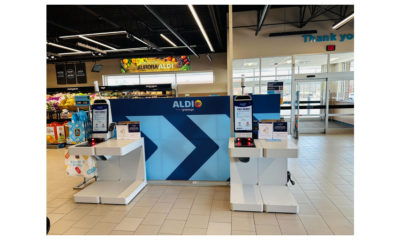
 Headlines2 days ago
Headlines2 days ago
